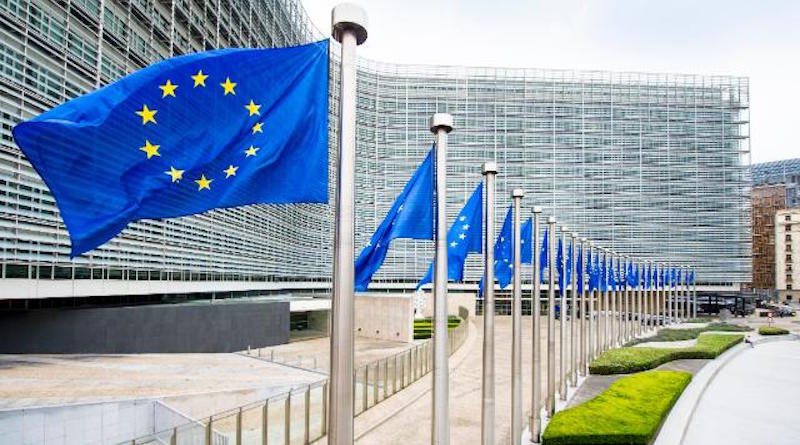 The EU’s European Works Council directive came into force in the member states in September 1996 (2000 in the UK, and later in the newer member states). It requires companies in scope, if requested, to set up a European Works Council comprising representatives of employees from across the EU. The EWC is a permanent body which senior management must inform and consult on a regular basis about transnational issues affecting employment.
The EU’s European Works Council directive came into force in the member states in September 1996 (2000 in the UK, and later in the newer member states). It requires companies in scope, if requested, to set up a European Works Council comprising representatives of employees from across the EU. The EWC is a permanent body which senior management must inform and consult on a regular basis about transnational issues affecting employment.
The directive was amended in 2009 to improve the rights for EWC members and to encourage more companies to set up a European Works Council. The new directive is known as the “recast” EWC directive, and came into force in the member states in June 2011.
EWC legislation applies to multinational companies with operations in more than one member state. It requires central management to negotiate an agreement with representatives of their European employees. The agreement covers things such as how many employee representatives will sit on the European Works Council, from which countries and parts of the business, how management will inform and consult the EWC, and what subjects will be in scope.
If no agreement is reached on setting up a European Works Council, then fallback rules apply. These are known as the “Subsidiary Requirements”. They impose an obligation on the company to establish a European Works Council consisting of employee representatives from all member states in which it has employees, and to inform and consult them at least once a year in a meeting with senior management. Additional meetings must be held during the year if there are significant transnational issues on which the EWC must be consulted.
Many European Works Councils are entitled to use expert advisers to help them carry out their role, paid for by the company. They also have a legal right to “the means required to apply the rights arising from” the directive.
Each member state has adopted its own laws implementing the directive in their country, and a European Works Council will be established under the law of one of the member states.
European Works Councils in the UK
 The UK legislation implementing the EWC directive is known as the Transnational Information & Consultation of Employees Regulations 1999, or the TICE Regs for short. The Regulations were updated in 2010 to take on board the changes made by the “recast” directive.
The UK legislation implementing the EWC directive is known as the Transnational Information & Consultation of Employees Regulations 1999, or the TICE Regs for short. The Regulations were updated in 2010 to take on board the changes made by the “recast” directive.
The Regulations provide for legal enforcement via the Central Arbitration Committee or CAC. Most EWC agreements made under the Regulations are enforceable at the CAC. If a company is subject to the “Subsidiary Requirements” (ie there is no agreement establishing an EWC), these are enforceable against it at the CAC. Other provisions in the Regulations are also enforceable against the company, including rules on how it informs and consults the EWC. This means that if a company does not set up a European Works Council when requested, or if it does not inform and consult its European Works Council in the way required by its EWC agreement and by the Regulations, a complaint can be made to the CAC.
The Central Arbitration Committee will rule on whether the company has breached its EWC agreement or any of the other requirements in the TICE Regulations. If it upholds a complaint, it can order the company to comply with its agreement or with the Regulations. In addition, a fine can be imposed on the company.
European Works Councils in Ireland
 The Irish legislation implementing the EWC directive is known as the Transnational Information & Consultation of Employees Act 1996 or the TICE Act for short. The Act was updated in 2011 to take on board the changes made by the “recast” directive.
The Irish legislation implementing the EWC directive is known as the Transnational Information & Consultation of Employees Act 1996 or the TICE Act for short. The Act was updated in 2011 to take on board the changes made by the “recast” directive.
Any dispute over the interpretation or operation of most EWC agreements made under the Irish law can be referred by either management or employees’ representatives to an independent arbitrator, appointed on terms agreed between the parties. If they cannot agree on who should be appointed, or the terms of appointment, either party may apply to the Labour Court, which will refer the dispute to an arbitrator of its choice.
Where a company is subject to the “Subsidiary Requirements” of the Irish law (ie there is no agreement establishing an EWC), non-compliance with the Subsidiary Requirements – for example failure to set up an EWC or failure to consult it as required – is an offence punishable by a fine. A complaint can be made to the Workplace Relations Commission.
